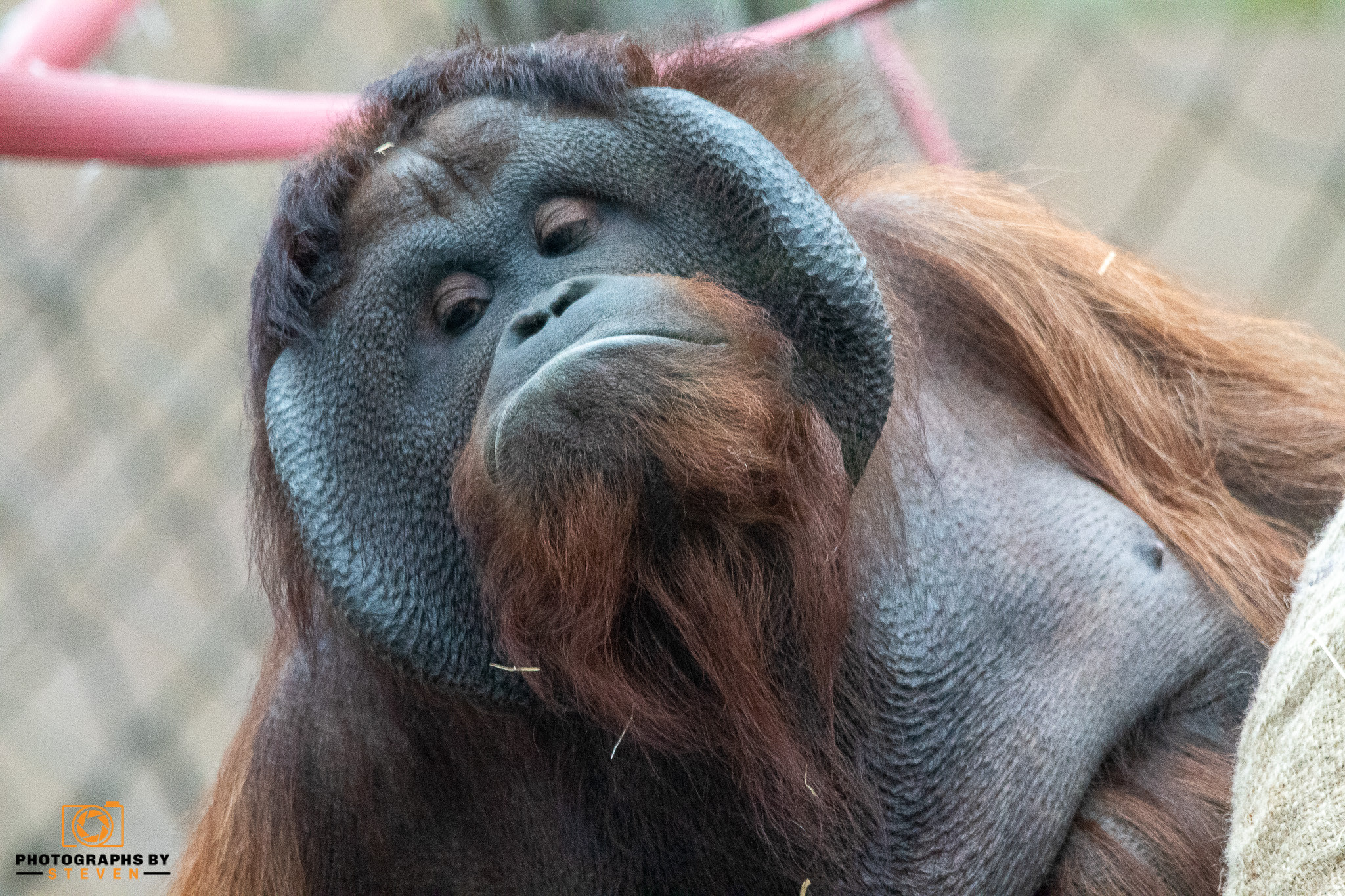All living organisms, including animals, require food to survive. Food is needed to satisfy an animal's hunger and regulate the energy flow within the animal. Animals require energy to carry out their daily tasks. In the case of wild animals, a herbivore such as a zebra or a deer requires a lot of energy to flee its predator. A predator like a lion or a tiger, on the other hand, needs a lot of energy to chase down its prey. A wildlife animal's life is complex, and it requires a high level of energy to compete with other animals. Herbivores, omnivores, and carnivores are the three types of animals.
Herbivores
Herbivores are animals that only consume plants. Herbivores frequently consume only the fruits or seeds of plants, ignoring the stems, leaves, and roots. Herbivores have digestive tracts specifically designed to handle the various types of plants they may consume. The incisors, or front teeth, of herbivores, are usually significant. Plants are grasped and cut with these teeth. Herbivores also have molars in the back of their mouths, which they use to grind up the plants. Herbivores, such as cows, deer, and elk, are typically large animals.
Omnivores
Omnivores are creatures that consume both animals and plants. This type of animal benefits from a diverse food supply to meet their hunger and dietary requirements. Omnivores are sometimes referred to as "opportunistic eaters" by scientists. This means that they can and will eat almost anything available when they are hungry. Omnivores also benefit from the fact that they can find food at any time of year because they eat whatever is available.
Bears, for example, are large omnivores. When plants such as berries and nuts bloom, these animals will eat them. In the spring, they will eat fish as well. Bears will hunt animals at any time of year if they are hungry. Medium-sized omnivores include raccoons and pigs.
Carnivores
A carnivore is a mammal that eats only the meat of other animals. In the wild, a carnivore will hunt other animals for food. Carnivores must typically consume a large amount of food to obtain the necessary energy. These animals must sometimes spend most of their days hunting to ensure they have enough food. Carnivores have large canine teeth and sharp molars because they must cut and tear up their food. Carnivores typically have small incisors in the front of their mouths. Lions, tigers, and wolves are all large carnivores.
Animals eat dead remains of animals
Scavengers are animals that eat other animals' carcasses. These animals have a significant impact on the environment. They act as decomposers and help maintain the nutrient cycle—for example, vulture, hyena, etc. The ecosystem would have been overrun with the dead remains of other species if scavengers had not been present.
Scavengers have an effective digestive system, allowing them to consume the leftovers of other animals.
Animals with their unusual food habits
Some animals have unusual ways to feed. These animals consume anything they find easily, whereas others are pretty fussy in their food habits. Here's a list of animals and their eating habits that might surprise you.
Chimpanzee
Chimpanzees are health-conscious creatures. When they become ill, they know how to recover quickly. They eat a leaf from one tree and a leaf from another tree and are soon relieved of their stomach problems.
Starfish
To eat, a starfish moves its stomach outside of its body. When a starfish catches a food item, it fills it with digestive juices and waits. It patiently consumes its prey once it has become soft enough to eat.
Koala
Although the koala is a cute little animal, you might be surprised to learn that it is a gourmet. It exists on eucalyptus leaves. It can consume hundreds of pounds of leaves in a single day. As a connoisseur, the koala is picky about eucalyptus.
It doesn't matter what animals eat; what matters is that each is vital to the environment. They are essential in balancing the ecosystem's energy flow.



Leave me a comment
Thank you for reading my post, if you want to leave a comment, you can do so below.